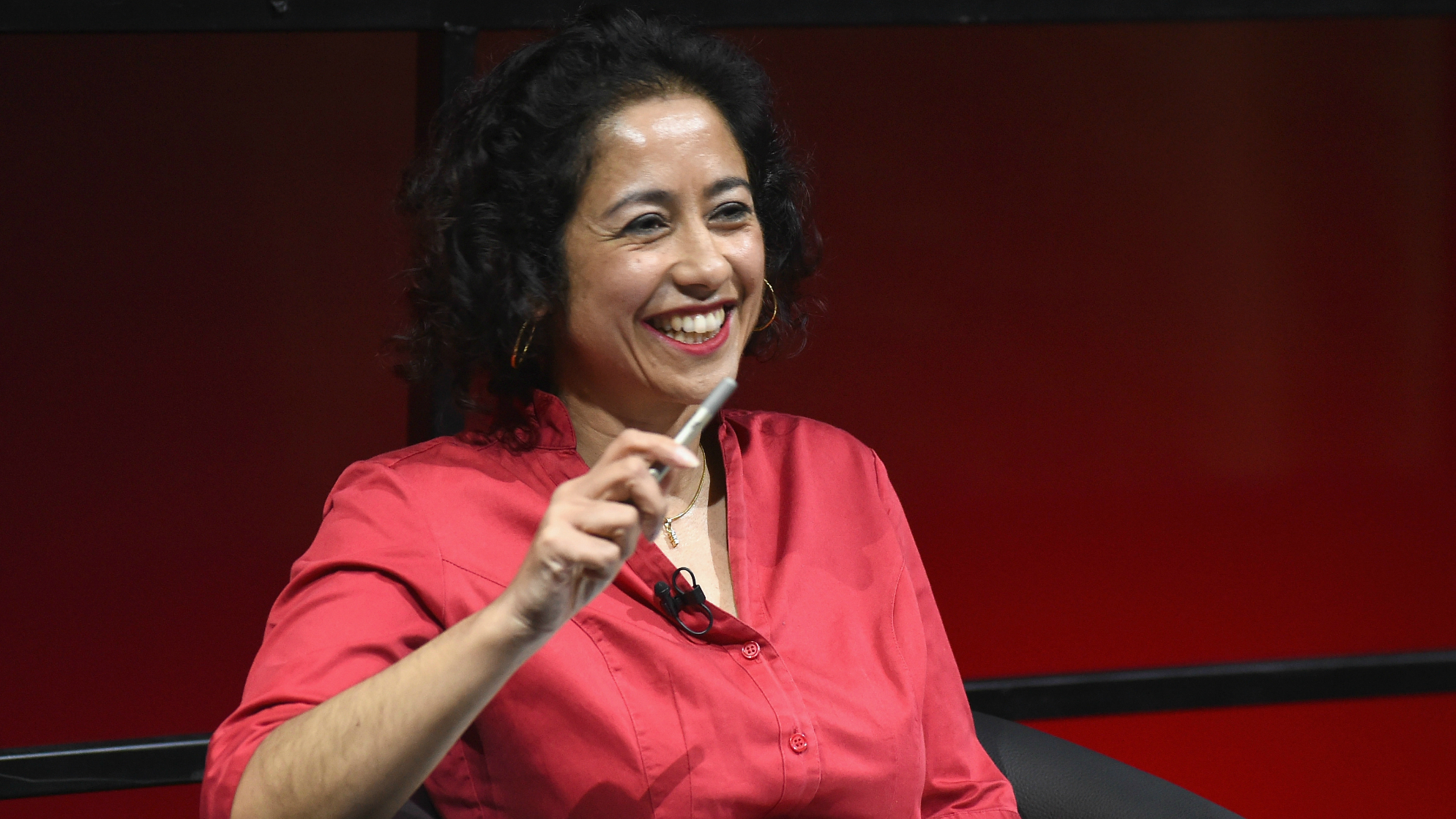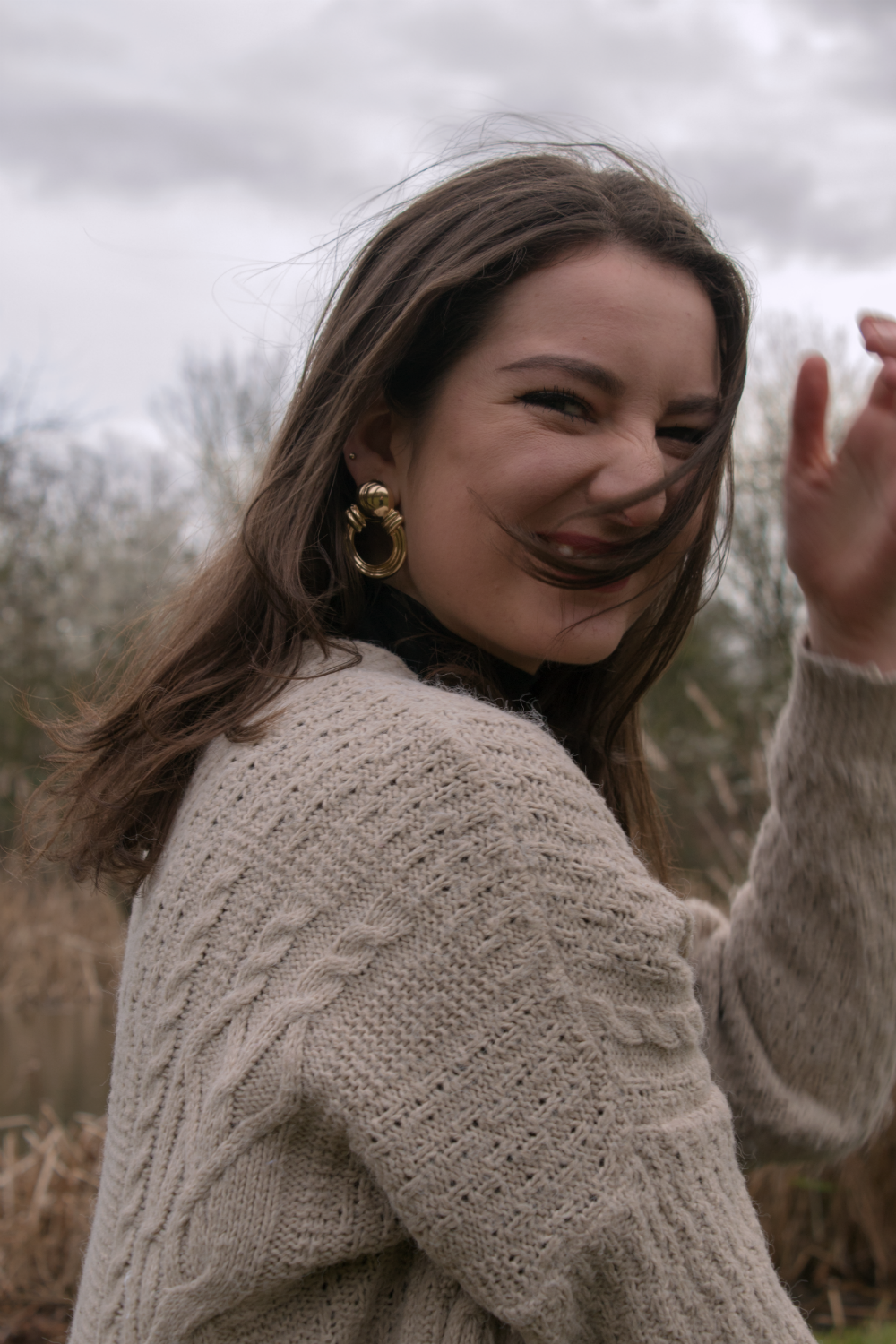Female BBC employees fight back against pay gap as Samira Ahmed tribunal begins
The BBC Newswatch presenter claims she was paid 85% less than her male counterpart


The BBC Newswatch presenter claims she was paid 85% less than her male counterpart
The BBC has found itself in hot water after facing dozens of legal cases from female members of staff who believe they were paid significantly less than their male colleagues.
Currently leading the charge is Samira Ahmed, who embarked on a high-profile employment tribunal against the BBC earlier this week after claiming she has been underpaid by as much as half a million pounds over the span of five years.
Ahmed has presented BBC Newswatch since 2012, a 15-minute digest on the BBC news channel for which she received £440 per episode. She claims her male counterpart, Jeremy Vine, earned as much as £3,000 an episode for similarly hosting Points of View.
The female presenter argues that this is unfair on account of the fact that Points of View is a program of similar length to BBC Newswatch, with both programmes featuring viewer feedback.
The BBC’s legal team have countered Ahmed’s claim by arguing that the two presenters were not fulfilling similar roles as they are two different programmes in very diverse markets, and the pay of any on-screen presenter of Points of View, male or female, has always been higher than for any presenter of Newswatch in the same period. Nor is it the case, it has also been raised, that male presenters of Points of View have always been paid more than female ones. A BBC spokesperson said:
'The BBC is committed to equal pay. Points of View is an entertainment programme with a long history and is a household name with the public. Newswatch - while an important programme - isn't. Samira was paid the same as her male predecessor when she began presenting Newswatch. Gender has not been a factor in levels of pay for Points of View. News and entertainment are very different markets and pay across the media industry reflects this.'
Celebrity news, beauty, fashion advice, and fascinating features, delivered straight to your inbox!
Ahmed was greeted by supporters as she arrived at the tribunal on Monday, with a crowd including BBC Breakfast show host Naga Munchetty and poet Lemn Sissay cheering as she entered the building.
Carrie Grace, the BBC’s former China editor, spoke to reporters at the tribunal to warn that Ahmed’s case was just the first of many ‘in the pipeline’ for the BBC:
‘Women want equality, they want their work respected. They don’t want their work to be undervalued. It affects everything about their lives, it’s not just about finances...it’s also about self-respect and progression.’
Grace, who resigned last year after battling with the BBC over equal pay, credited Ahmed’s bravery in willingly risking her career in order to see ‘equality honoured’, after being left disillusioned by the BBC’s archaic internal pay review processes: ‘Her case is emblematic and extremely important to all the other women still fighting.’
Ahmed is fighting the case with the support of the National Union of Journalists, that has referred to the BBC’s gender pay gap as ‘monumental’.
Ahmed’s tribunal comes off the back of the #MeTooPay campaign, that was launched by more than 100 high-profile women earlier this month, including former TalkTalk chief executive Baroness Dido Harding, to end pay discrimination.
Before entering the hearing on Monday, Ahmed issued a strong statement to emphasise the unfaltering respect she has for the BBC’s mission to tackle diversity:
‘I have a sense of pride working for a public service broadcaster which seeks to represent the diversity of Britain. On the back of my BBC ID card are written the BBC values, which include ‘we respect each other and celebrate our diversity’
She added, ‘I just ask why the BBC thinks I am worth only a sixth of the value of the work of a man for doing a very similar job.’
Niamh McCollum is Features Assistant at Marie Claire UK, and specialises in entertainment, female empowerment, mental health, social development and careers. Tackling both news and features, she's covered everything from the rise of feminist audio porn platforms to the latest campaigns protecting human rights.
Niamh has also contributed to our Women Who Win series by interviewing ridiculously inspiring females, including forensic scientist Ruth Morgan, Labour MP Stella Creasy and ITV’s former Home Affairs Editor Jennifer Nadel.
Niamh studied Law in Trinity College Dublin. It was after enrolling in a Law & Literature class on her year abroad in Toronto that her love of writing was reignited. In no particular order, her big likes are Caleb Followill, hoops, red wine, sea swimming, shakshuka and long train journeys.
